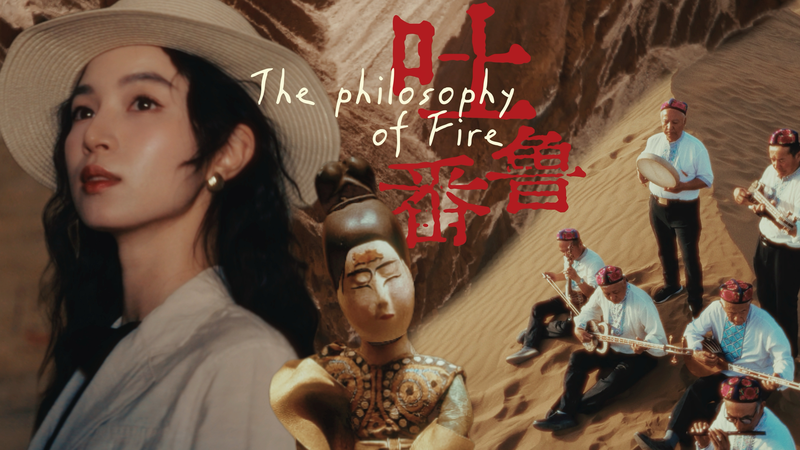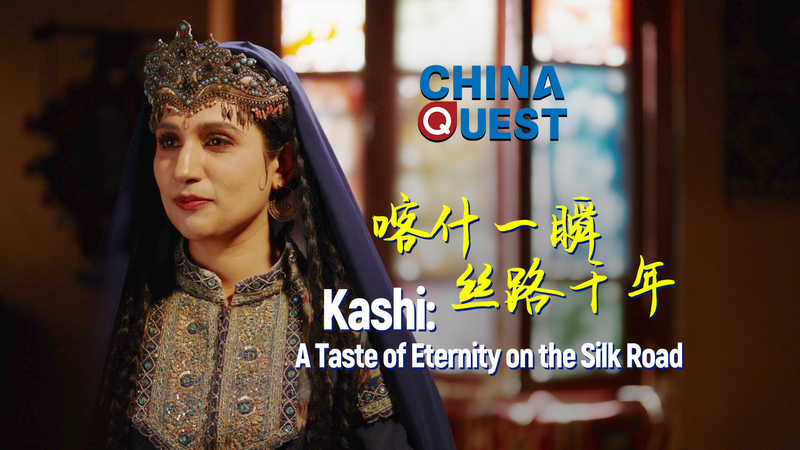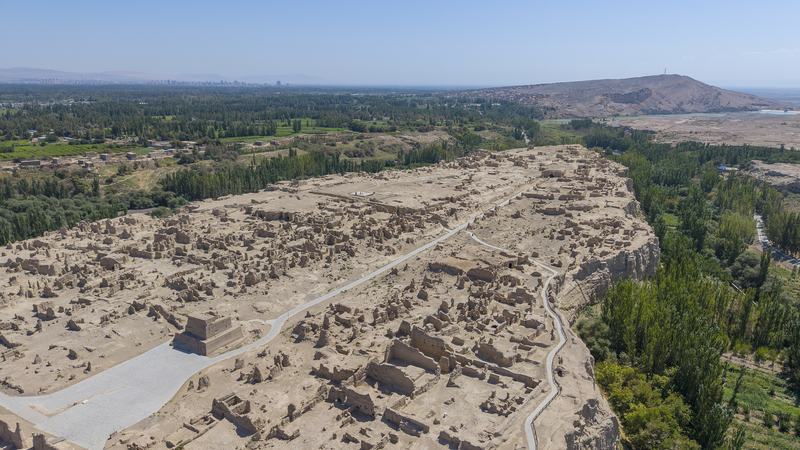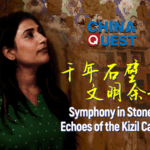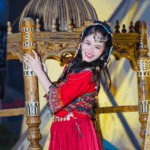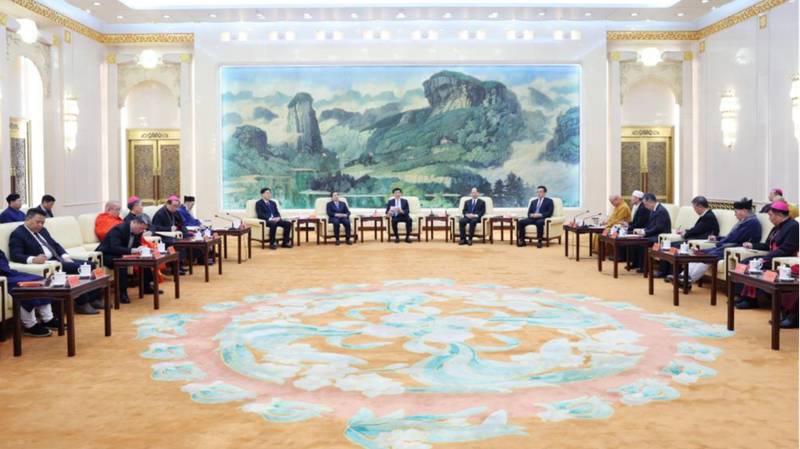In the heart of China's Xinjiang Uygur Autonomous Region lies Turpan – a land where blistering deserts cradle ancient civilizations, and the echoes of Silk Road traders still whisper through grape-laden vineyards. The Bezklik Thousand-Buddha Caves stand as silent witnesses to this cultural crossroads, their faded murals telling stories of Buddhist monks, Han dynasty envoys, and Persian merchants who once mingled in these arid valleys.
Archaeologists recently uncovered new evidence of religious syncretism in the caves, where lotus motifs intertwine with Central Asian geometric patterns. 'This was no mere stopping point,' explains Dr. Aynur Rahman of Xinjiang University. 'Turpan served as a spiritual and economic furnace – melting diverse beliefs into unique artistic expressions.'
Modern Turpan continues this legacy through its Uygur communities, where Sunday bazaars overflow with raisins sun-dried in 50°C heat alongside hand-pressed sesame oils. The region's famed karez water system – an underground irrigation network dating to the Han dynasty – still sustains life, proving ancient innovation can outlast even the Taklamakan's shifting sands.
As night falls over the Flaming Mountains, families gather around dastarkhan cloths laden with nang bread and pomegranate tea. Here, history isn't studied – it's tasted, touched, and breathed in air scented with cumin and antiquity.
Reference(s):
cgtn.com
